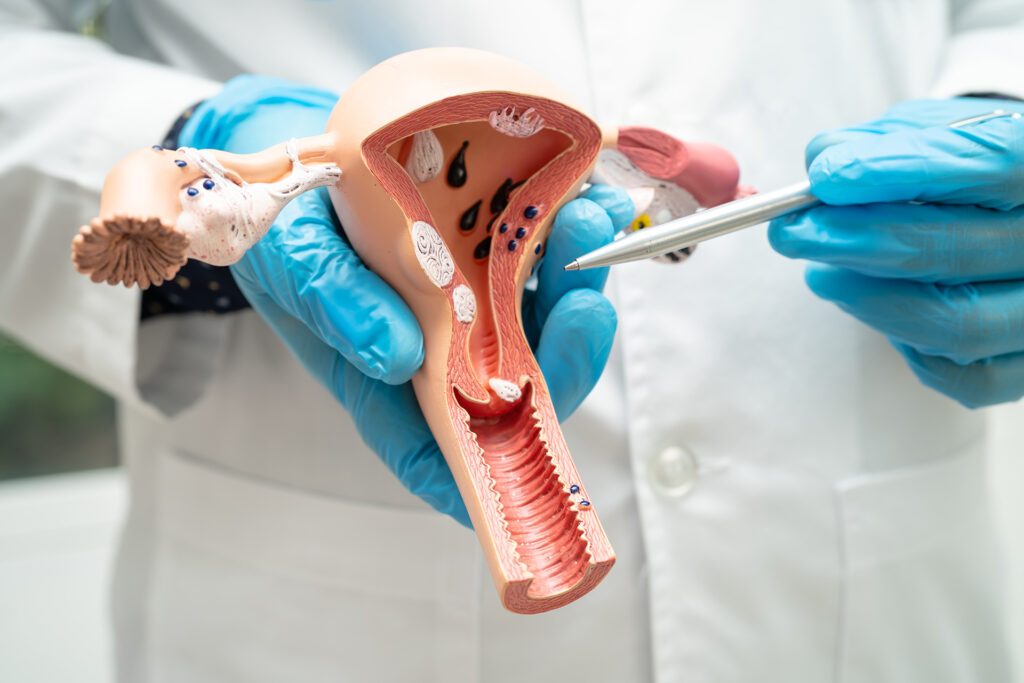- May 15, 2024
Battling Bladder Blues: Understanding Urinary Tract Infections (UTIs)
Introduction:
Urinary tract infections (UTIs) are common yet uncomfortable conditions that affect millions of individuals worldwide, including many in Peshawar, Pakistan. As a leading hospital in the region, PGH is dedicated to providing comprehensive information and support to individuals dealing with UTIs. In this blog, we’ll explore the intricacies of UTIs, including their causes, symptoms, and available treatment options, to empower our community with knowledge and resources for managing this condition effectively.
What is a Urinary Tract Infection (UTI)?
A urinary tract infection (UTI) is an infection involving any part of the urinary system, including the kidneys, ureters, bladder, and urethra. UTIs can be classified based on the location of the infection, with cystitis affecting the bladder and urethritis affecting the urethra, while pyelonephritis involves the kidneys. UTIs are typically caused by bacteria, although other pathogens such as fungi and viruses can also lead to urinary tract infections.
Causes of Urinary Tract Infections:
- Bacterial Infections: The majority of UTIs are caused by bacteria, with Escherichia coli (E. coli) being the most common culprit. Other bacteria such as Klebsiella, Proteus, and Enterococcus can also cause urinary tract infections.
- Risk Factors: Factors such as female anatomy (shorter urethra), sexual activity, urinary catheterization, urinary tract abnormalities, weakened immune system, and certain medical conditions (e.g., diabetes) can increase the risk of developing UTIs.
- Hygiene Practices: Poor hygiene habits, such as not wiping properly after urination or bowel movements, can introduce bacteria into the urinary tract, increasing the risk of infection.
- Sexual Activity: Sexual intercourse can introduce bacteria into the urinary tract, leading to urethritis or cystitis, commonly referred to as “honeymoon cystitis.”
Symptoms of Urinary Tract Infections:
The symptoms of a urinary tract infection may vary depending on the location and severity of the infection. Common symptoms include:
– Frequent urination
– Pain or burning sensation during urination
– Urgent need to urinate
– Cloudy or bloody urine
– Foul-smelling urine
– Pain or pressure in the lower abdomen or back
– Fever or chills (in cases of kidney infection)
Treatment Options for Urinary Tract Infections:
- Antibiotics: The primary treatment for UTIs involves antibiotics to eliminate the underlying bacterial infection. The choice of antibiotic and duration of treatment may vary based on the type and severity of the infection, as well as the patient’s medical history and antibiotic sensitivity.
- Pain Management: Over-the-counter pain relievers such as acetaminophen (Tylenol) or ibuprofen (Advil, Motrin) may help alleviate discomfort and reduce fever associated with UTIs.
- Increased Fluid Intake: Drinking plenty of water and other fluids can help flush out bacteria from the urinary tract and promote healing.
- Urinary Analgesics: Medications such as phenazopyridine (Pyridium) may be prescribed to relieve urinary discomfort and burning sensation, although they do not treat the underlying infection.
Prevention Strategies for Urinary Tract Infections:
- Stay Hydrated: Drink plenty of water throughout the day to maintain adequate urine flow and promote urinary tract health.
- Practice Good Hygiene: Wipe from front to back after using the toilet to prevent the spread of bacteria from the anus to the urethra.
- Urinate After Intercourse: Urinating after sexual intercourse can help flush out bacteria from the urinary tract, reducing the risk of UTIs.
- Avoid Irritants: Limit the consumption of irritants such as caffeine, alcohol, and spicy foods, which can irritate the bladder and exacerbate UTI symptoms.
Conclusion:
Urinary tract infections are common but treatable conditions that can cause discomfort and inconvenience if left untreated. By understanding the causes, symptoms, and treatment options for UTIs, individuals can take proactive steps to prevent and manage urinary tract infections effectively. If you or a loved one is experiencing symptoms of a UTI, we encourage you to seek prompt medical attention at PGH for accurate diagnosis and personalized treatment. Together, we can ensure optimal urinary tract health and well-being for our community in Peshawar, Pakistan.


